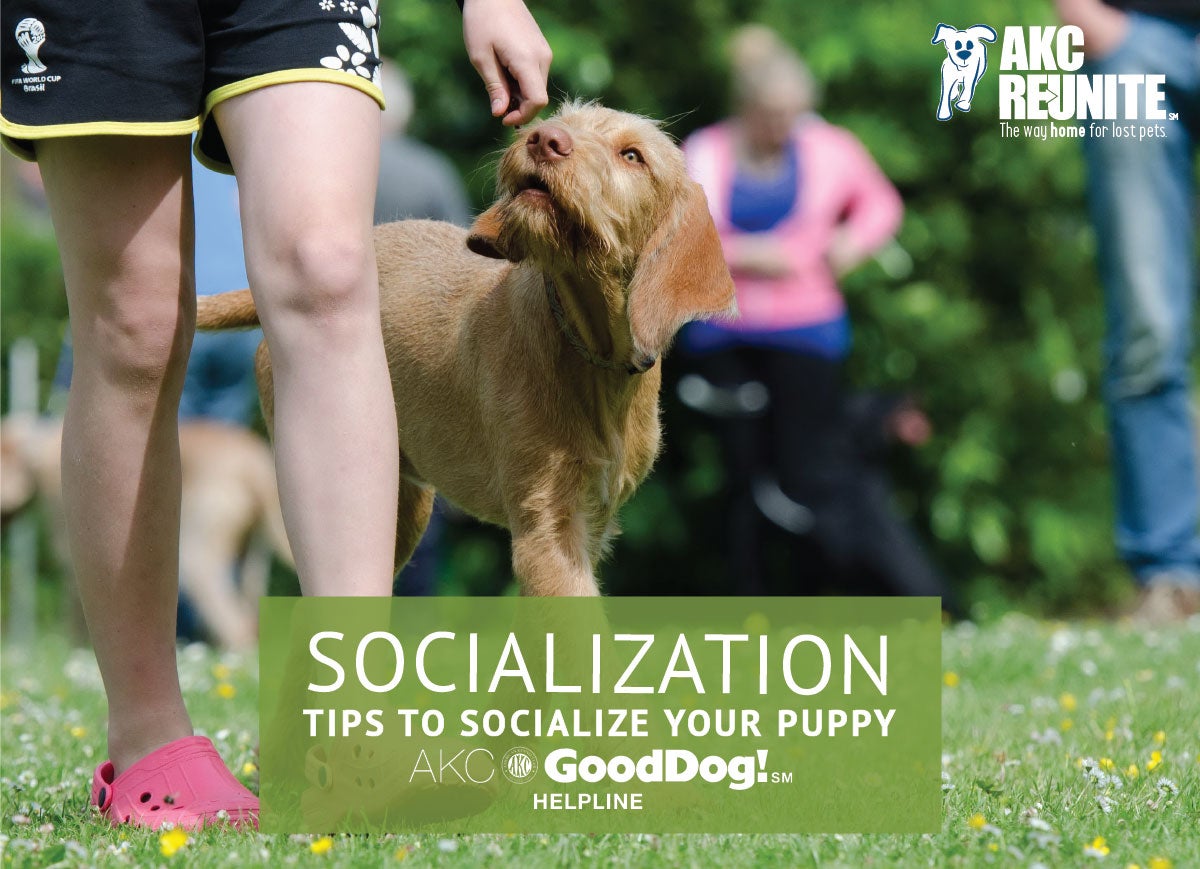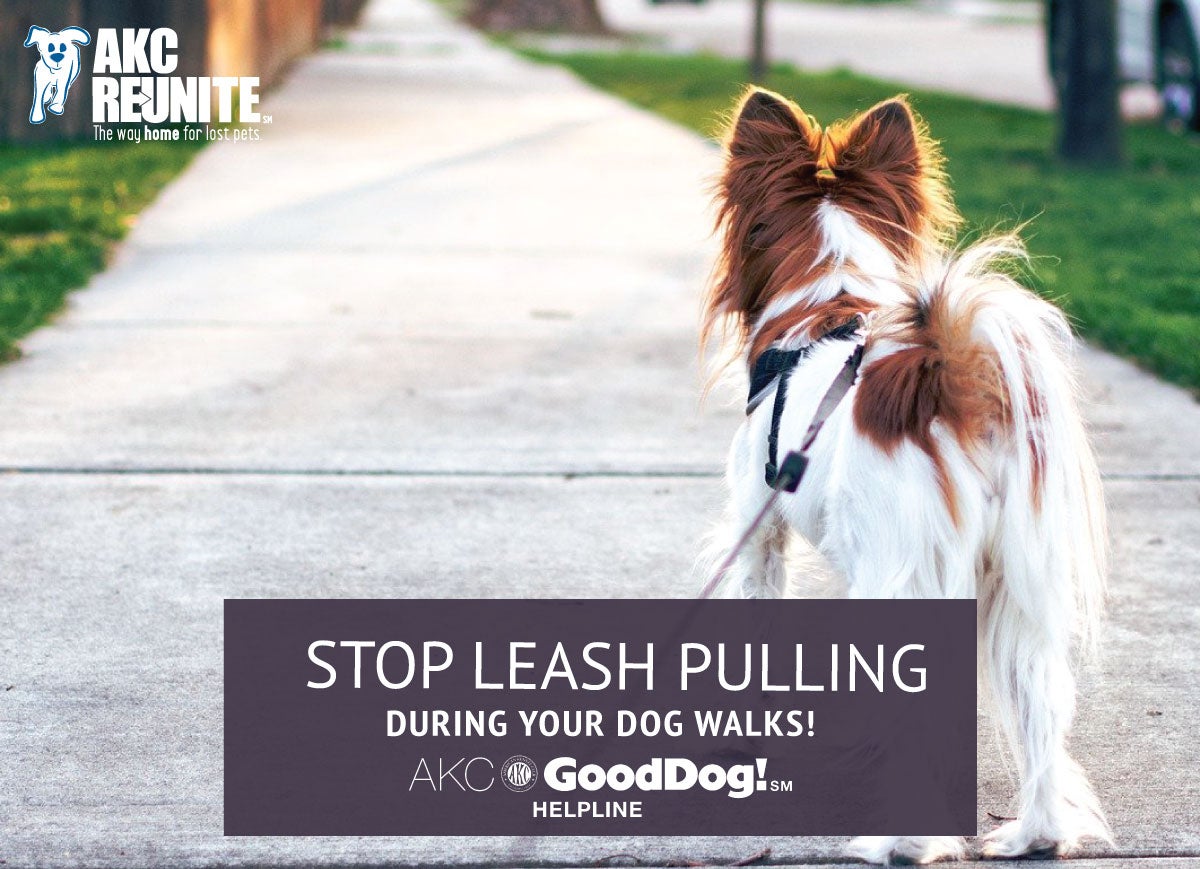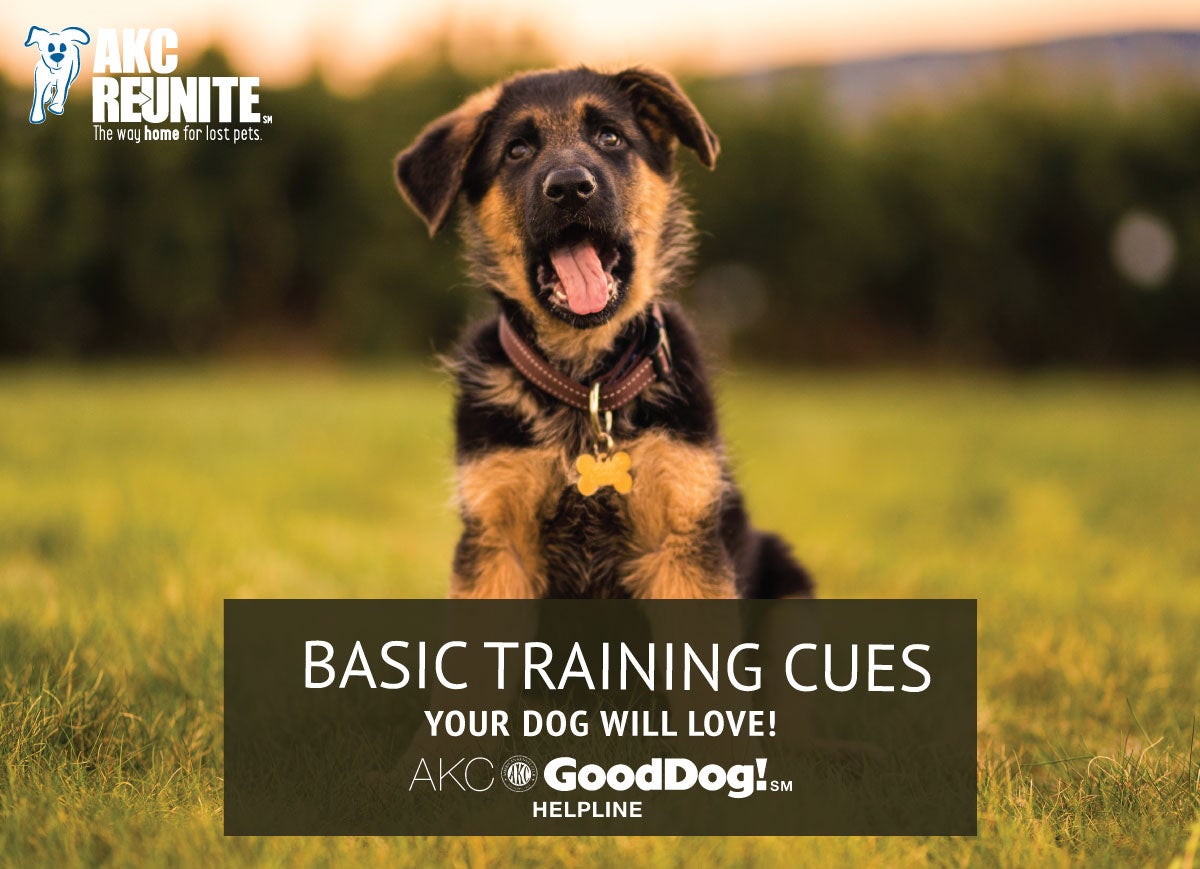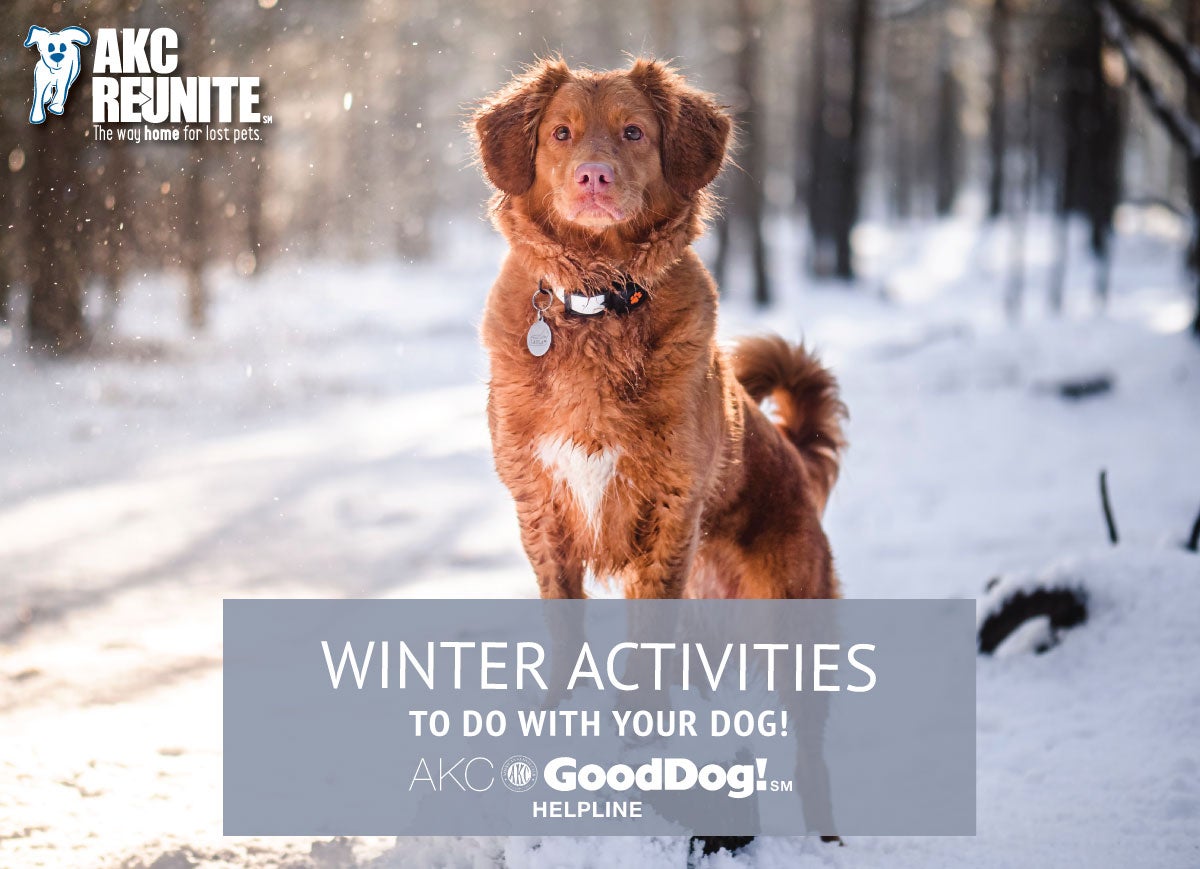Socialization: Tips on How to Socialize Your Puppy
Brought to you by the AKC GoodDog! Helpline – the AKC’s 7-day-a-week training support service
By Hilarie Erb, AKC GoodDog! Helpline Trainer
There are a million things you can buy to pamper your new puppy with, but more valuable than any fancy collar, plush toy, or monogrammed dog sofa, is appropriate socialization – and lots of it.
If you got your puppy from a responsible breeder, the socializing will have already begun. The litter has been handled and exposed to household noises, sights, and activities from birth. The period from 2 to 12 weeks is critical. If puppies have not been exposed to a good variety of people, things, and noises during this time then they will have a harder time later adjusting to new things. Lack of socialization can result in behaviors that are the major reasons for dogs ending up in shelters. For this reason, the American Veterinary Society of Animal Behavior recommends that puppies be socialized before the vaccine series is complete.
Their guidelines state that puppies can start socialization classes as early as 7 to 8 weeks of age. As a rule, they should receive a minimum of one set of vaccines at least seven days prior to the first class as well as a first deworming. The training school should ensure that all the puppies in the class are up to date with vaccines and that the facility is clean, so the risk of catching anything is very small.
“The period from 2 to 12 weeks is critical. If puppies have not been exposed to a good variety of people, things, and noises during this time then they will have a harder time later adjusting to new things.”
Socialization is more than meeting lots of people and other dogs. It includes exposure to sights, sounds, and textures that your dog will encounter throughout his life. Help your puppy learn to take new things in stride. Here are a few things he should be exposed to before he’s 16 weeks old:
- People running, biking, or skating past them
- People in wheelchairs or with crutches
- Children
- Different surfaces: shiny floors, gravel, wobbly footing
- Elevators
- Plastic bags
- Banging pots and pans
- Vacuum Cleaners and brooms
- Lawn mowers
- Umbrellas, tents
- Heights (such as being on a grooming table)
- The wind blowing
- Rain, sprinklers, garden hoses
- Cars and trucks going by
- Riding in the car
- Other dogs and animals
It is OK to take your puppy outside but use common sense. Until his vaccinations are complete, only take him to areas you can be certain are safe. Avoid places that are used by unknown dogs and keep him away from stagnant puddles. Don’t visit dog parks. If you have your own fenced yard, you’re in luck. Keeping other animals out means you know who has been there, and walking on grass and exploring, in general, will do him good.
It isn’t always easy to find a variety of people for your puppy to meet. If you don’t have children, find some to invite over to meet your pup. Supervise closely and show them the correct way to handle puppies. Kids should be sitting on the floor when holding the puppy to be sure that he is not dropped. Some retail stores that allow dogs. A great place for puppies to meet men is a home improvement store, especially on week days. There will be contractors and tradesmen who will welcome a puppy-petting break. A shopping mall is another good place to see different people and maybe even a crazy toy demonstration at a kiosk.
Some retail stores allow dogs. A great place for puppies to meet men is a home improvement store, especially on week days. There will be contractors and tradesmen who will welcome a puppy-petting break. A shopping mall is another good place to see different people and maybe even a crazy toy demonstration at a kiosk. Anytime you take her somewhere, be sure to have high-value treats or a favorite toy on hand so that you can help your puppy build positive associations with all there is to see and do in the big wide world.
Going to the vet can be stressful so make it fun. Call to see if you can stop in for a quick visit to the waiting area when your puppy doesn’t need any shots. Take treats to give your pup and ask the staff to give the puppy some treats too.
You probably have things around the house that can be useful in socializing your puppy. Get out your Halloween costumes, funny hats, and winter clothing. Dole out extra special treats while wearing them. Talk in a cheerful voice and don’t force an interaction. Your puppy may not be fazed at all, but if she is, put the scary item on the floor with treats scattered around it. She’ll figure out that it’s nothing to worry about.
For more tips and advice on training your dog, join the AKC GoodDog! Helpline, a seven-day-a-week telephone support service staffed by experienced dog trainers: www.akcgooddoghelpline.org.
RELATED POSTS
Stop the Leash Pulling on Walks
Does your dog’s relentless tugging make it impossible to enjoy a walk? Poor leash manners are one of the most common issues that AKC GoodDog Helpline trainers are asked about. But don’t despair; there are ways you can make it better.
Basic Training Cues Your Dog Will Love
A good relationship with your puppy doesn’t just happen overnight, but it’s easy to build one with simple cues and positive reinforcement training!
Winter Activities to do with your Dog!
Unless you live in a year-round mild climate, you and your dog can get stir-crazy during cold, snowy, or wet winter weather conditions. That's why we've compiled a list of winter activities you can do with your best friend!
